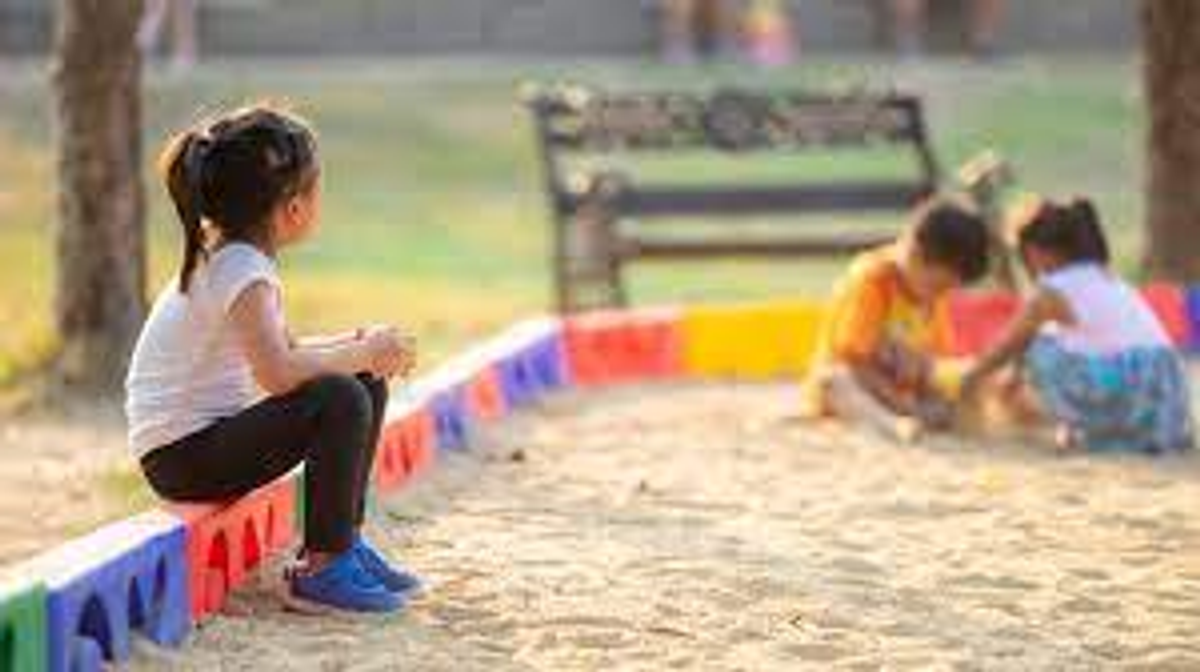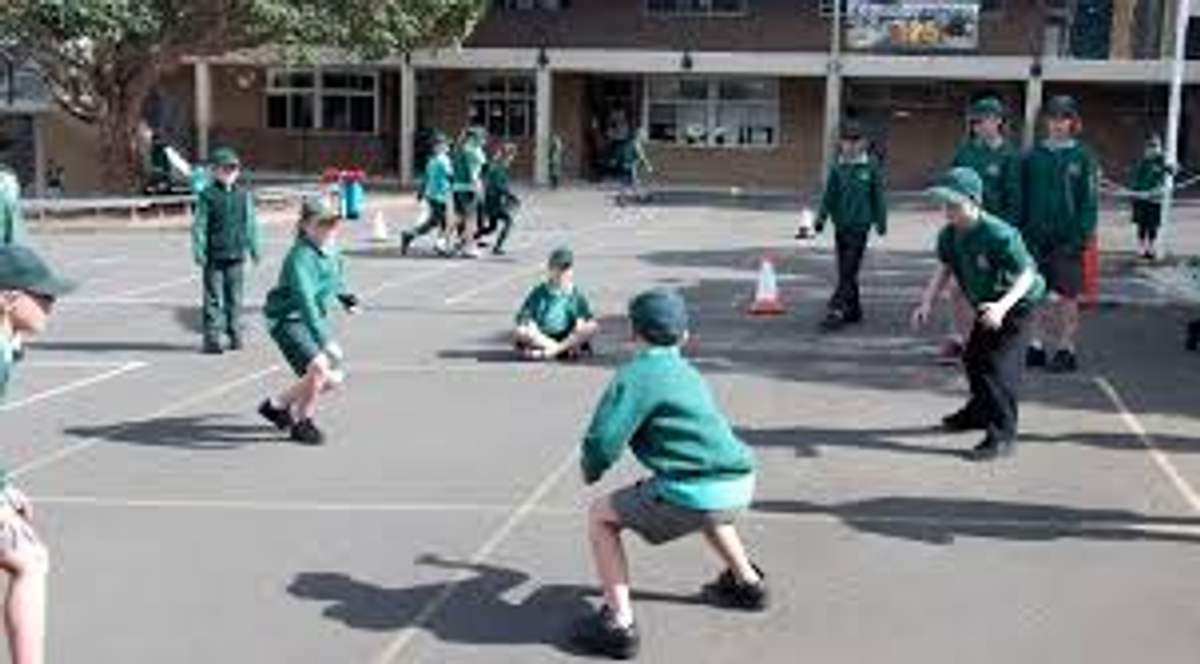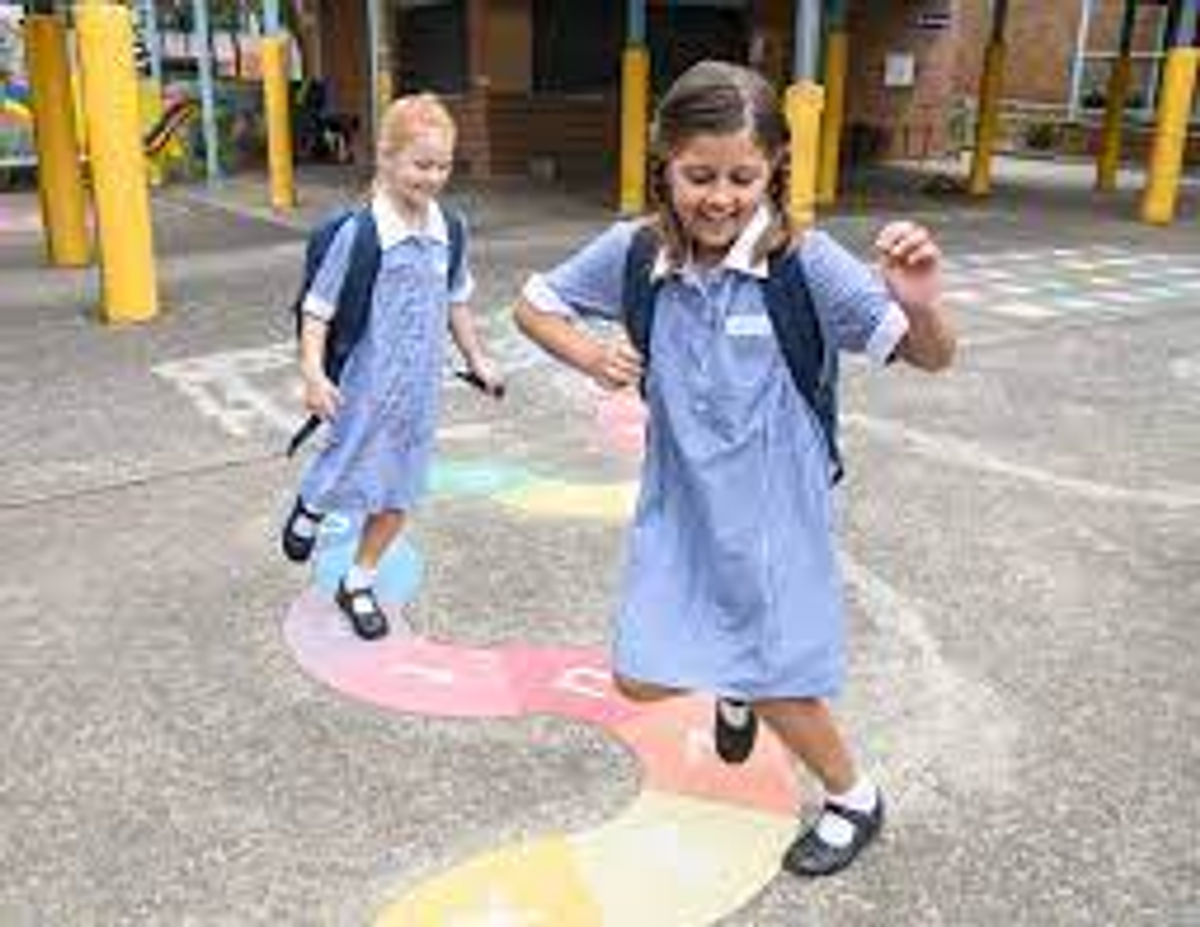Diverse Learning

How To Help Your Child If They Find It hard To Make Friends
Some children find it harder than others to make friends. Some children may find it particularly difficult to make friends. Their peers may lose interest in them (or find them irritating) because they may misinterpret situations, misunderstand jokes, behave immaturely or inappropriately or become class clowns to cover up their feelings of inadequacy. They may also withdraw or try to avoid situations when:
They don't feel that they are accepted as part of a group or feel somehow "different" from other children
They don't understand the rules or structure or can't do an activity
They like to be in control and can't be
Ways to help...
Give the child lots of praise when they try hard or do something well. If the child has good self esteem then they are more likely to take risks, try new things and be happy even if they don't win at a game.
Encourage your child by pointing out their strengths (such as being caring, thoughtful of friendly) and encourage them to develop these qualities
Games are a fun way of learning to get on with other children. When you are playing a game with the child. (Eg. Handball is a game a popular game at OLF):
teach them the rules
show them how the game is played
practice
make sure the child follows all the rules, takes turns and concentrates. Try to encourage them to praise other children's attempts.
It is important to reinforce the fact that winning is not the most important thing - having fun is!!
If your child is not playing properly then pack the game away and tell them that they can play again when they are ready to play properly.
Monitor how the child is going with their play. Give them praise when they stick to the rules, share or encourage others.
Encourage your child to invite friends home from school. Have some ideas for structured games ready and try to make sure that your child knows that they have to play fairly.
If a child is having trouble with a part of a game then practice that skill, or give the child strategies that will help them to improve. For example, if the child finds "Simon Says" difficult then you could teach them to repeat the instructions back to themselves or to try to make a picture in their mind of themselves doing the activity as it is being said.
Your child may benefit from being part of a group such as cubs (or brownies), a sporting team or youth group. This will give your child a chance to meet and make friends with children outside their year at school.
Spend time playing with your children. This will provide your child with a good example of how to get along with other people. Talk about the things that you are doing which are helping you to get along. Eg. "You can choose first in this game because I know that some people can get upset when somebody else hogs the game all the time".
Talk to your child about (appropriate) jokes that you have heard or funny situations that you have experienced. Talk about why these things are funny and encourage them to picture themselves in that situation.
Talk with your child about how others have reacted to things that they have said or done. Be patient and balanced and point out times when people have reacted positively (such as when your child has been caring, thoughtful or more talkative) as well as times when others have found your child's actions/reactions difficult.
Other things to remember!
When you are learning a new game, start off by playing for a short time and then gradually increase the amount of time that you spend playing. This will help to make sure that the children can concentrate while they are learning the rules.
Bring the child's attention back when it starts to wander. If necessary, give the child hints about what they need to do next.
Encourage the child to keep practising once they have learned a new skill. This will give them confidence and help to ensure that they don't forget what they have learned.
Ms Janelle Schembri | Diverse Learning Coordinator






